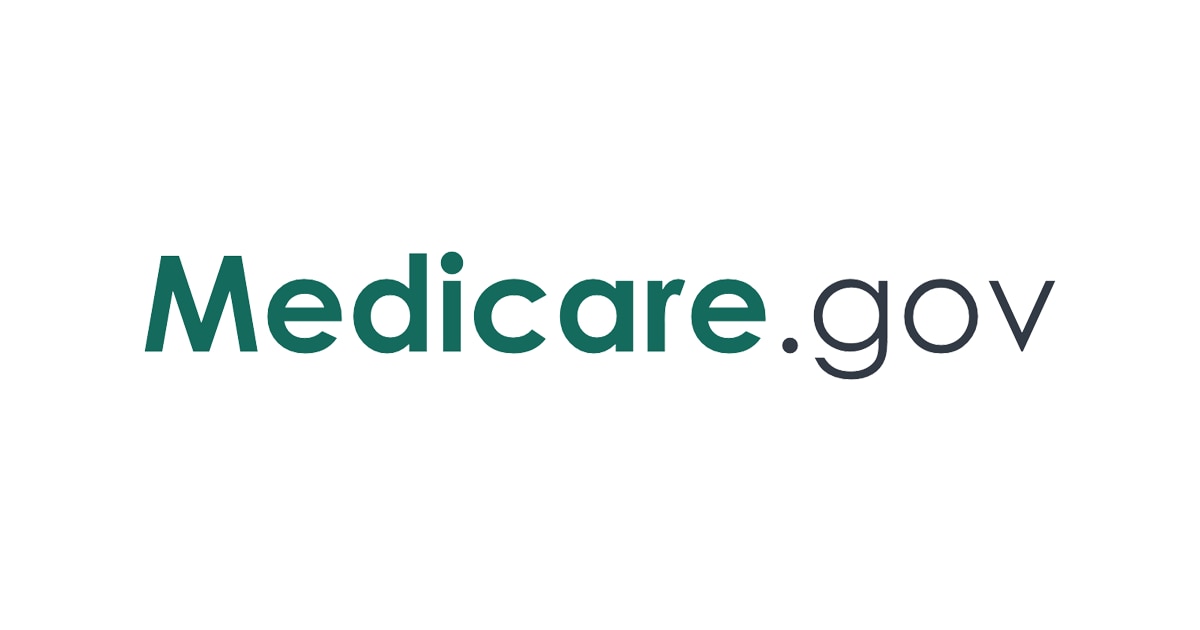Investment in research and development (R&D) is essential for a country’s success in the global economy and for its ability to address challenges and opportunities. R&D contributes to innovation and competitiveness. In 2021, the business sector was the leading performer and funder of U.S. R&D...

ncses.nsf.gov
Please refer to figure RD-5 on research funding intensity (normalized to GDP). The raw expenditure numbers are not that meaningful IMO.
Intensity of fed research expenditure reached peak in "Sputnik" era. It is significantly lower now than in 1992. Private sector research has grown.
Academia is the mechanism by which the US Gvt does most foundational research...that's it. It's been this way since we started putting money into research federally (which has undeniably benefitted us).
There are other ways to do it, and academia obviously has other issues outside of their research endeavors, particularly cost to student IMO, but it's not obvious to me that convoluting these things is that meaningful.
Certainly state funding for higher education has gone down significantly over the past two decades...facts. Much of academia has been working leaner for a long time.
Hospitals?
How all of these things fit together for our collective economic health is unclear to me...but I can tell you that Elon's messaging is dumb AF. Countries don't "go bankrupt", although there are folks holding the bag when Gvts default on debt. We are a long way from defaulting on debt in a major way.
The impact on regional economies by some of these initiatives regarding federal employees are potentially devastating. Forced migration for employment...devastating and apparently happening now. Certainly many real people are experiencing angst and pain due to behavior of this admin right now.
The perceived (experienced by real people) economic health from 2016-2020 was largely a function of record increasing debt (cutting taxes without cutting spending) in the setting of a healthy inherited economy IMO.




